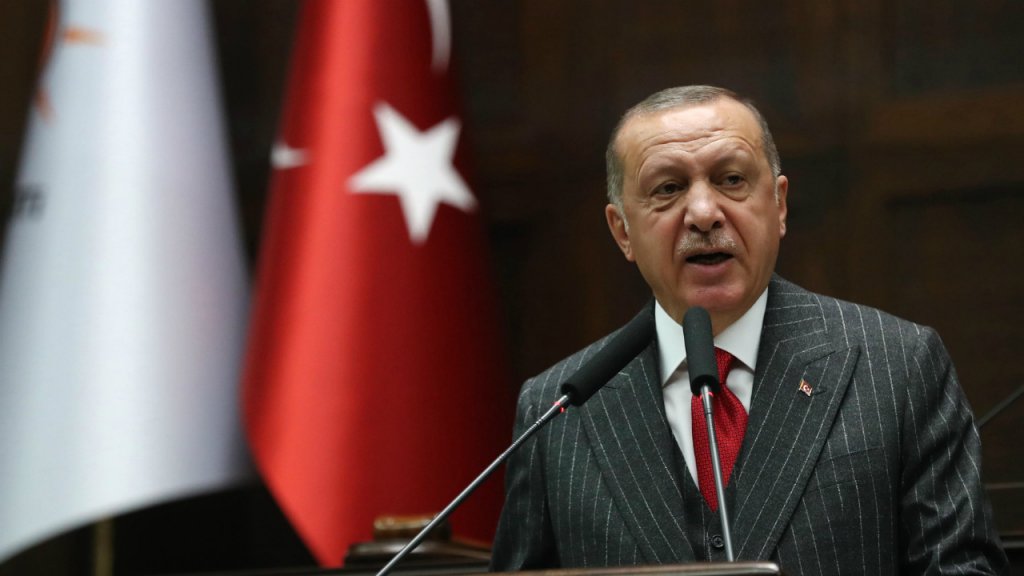Erdogan’s Long Arm in Europe
Turkey is seeking influence and votes throughout the EU and spreading ideas that imperil efforts to integrate the Turkish diaspora writes Lorenzo Vidino in Foreign Policy.

In recent years, relations with Turkey have caused headaches for most European governments. Long gone are the days when most European observers looked at President Recep Tayyip Erdogan and his Justice and Development Party (AKP) as genuinely democratic interlocutors. European governments routinely disapprove of Turkish foreign and domestic policy on issues including Ankara’s handling of the Islamic State, the migration crisis, and its abusive treatment of journalists, political opponents, and minorities. But they have also been equally taken aback by the AKP regime’s aggressive rhetoric toward EU leaders and its bold attempts to exert influence over the Turkish diaspora and, more broadly, European Muslim communities.
The flurry of provocative statements by the upper echelons of the Turkish political establishment, regularly amplified by Turkish state media, has been troubling. Top Turkish politicians regularly seize on any controversy to accuse Europe of being Islamophobic and urge both Turks and other Muslims living in Europe to reject Western values. In other circumstances, they cross into purely inflammatory speech, such as when Alparslan Kavaklioglu, the head of the Turkish parliament’s Security and Intelligence Commission, proclaimed in March 2018 that “Europe will be Muslim. We will be effective there, Allah willing. I am sure of that.” Most recently, in a January 2019 speech in Izmir, Erdogan himself stated that the borders of Turkey span “from Vienna to the shores of the Adriatic Sea, from East Turkistan [China’s autonomous region of Xinjiang] to the Black Sea.”